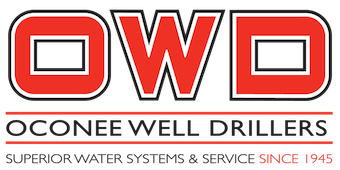Frequently Asked Questions
Well drilling can be intimidating for homeowners. It’s best to partner with a quality well driller to help guide you through the process and answer your questions. Here are some basics you need to know before putting in a water well.
